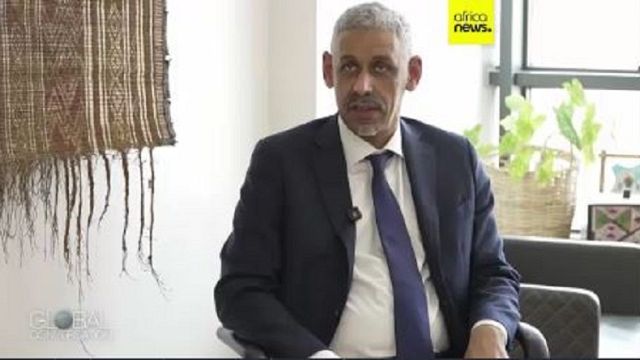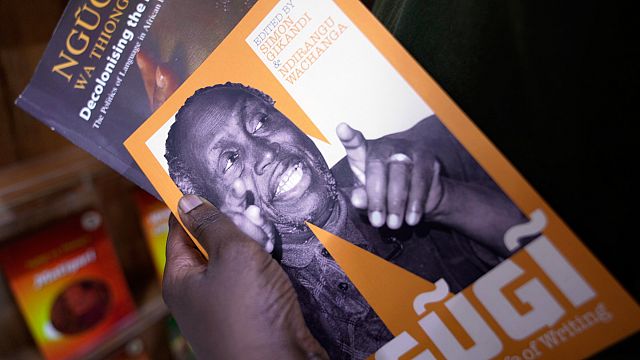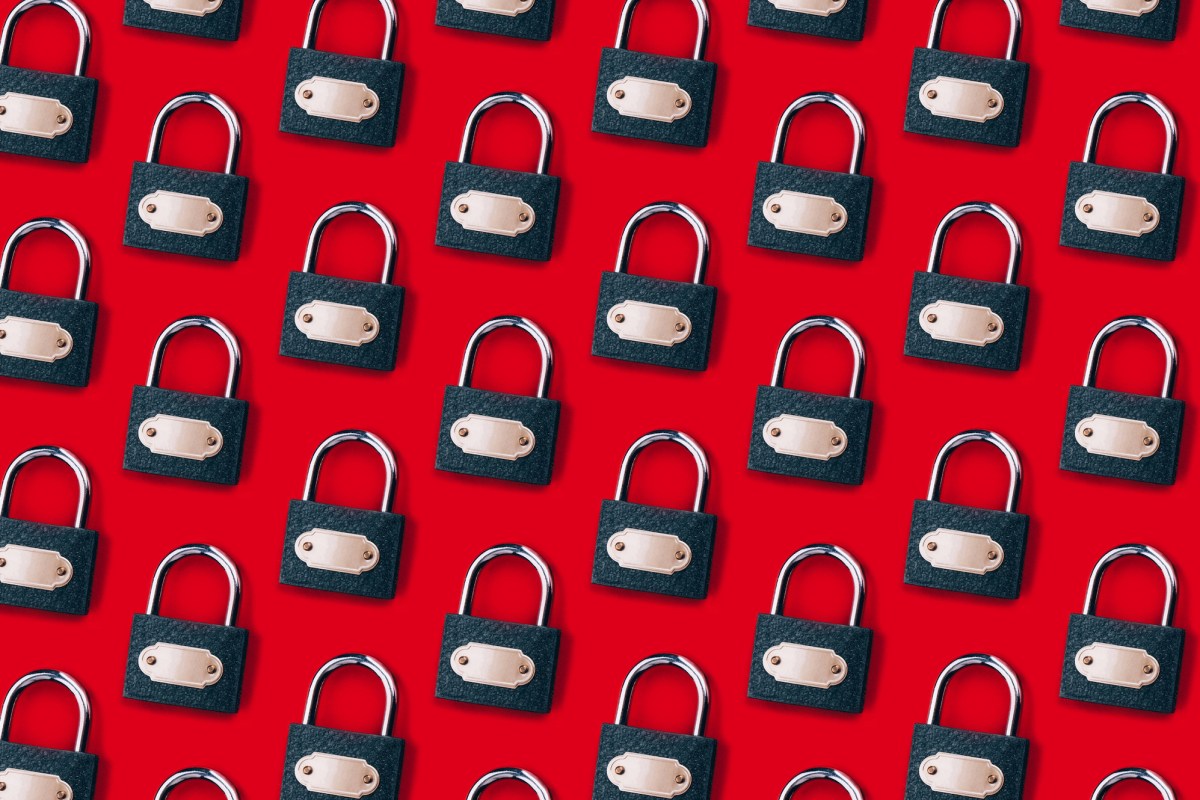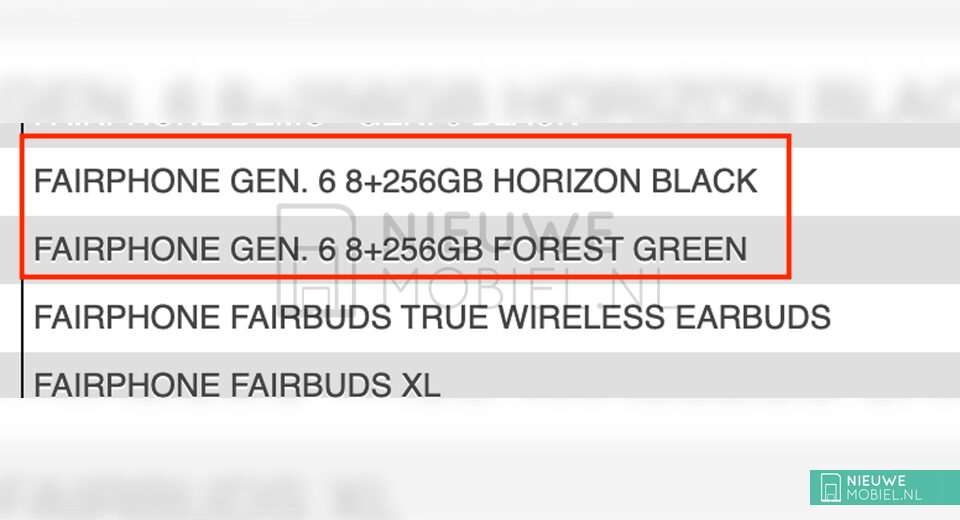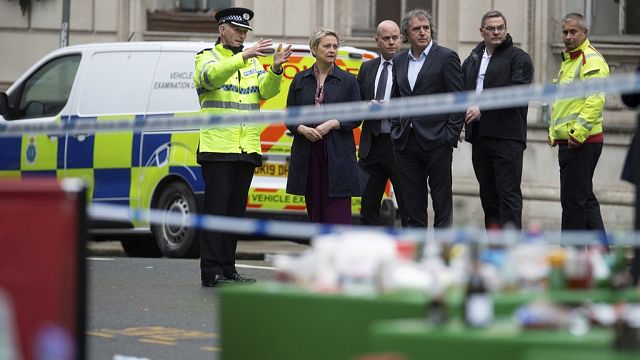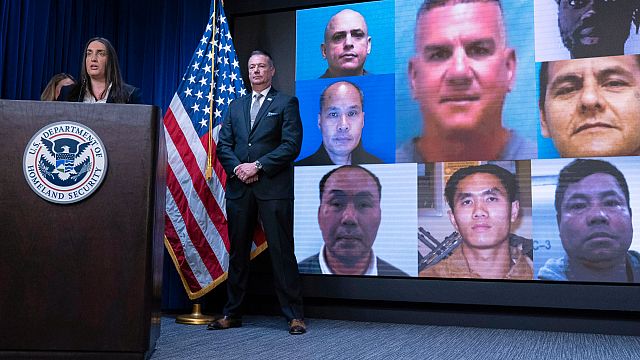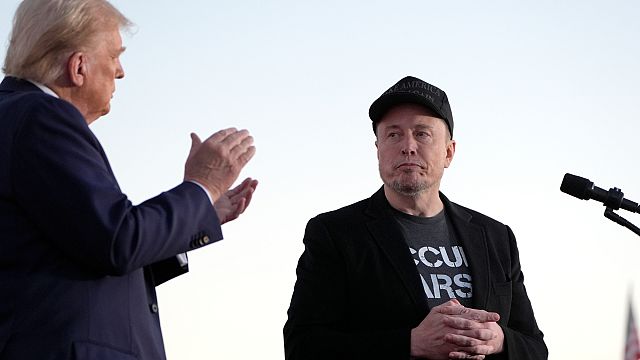Trump Asks Supreme Court to Let Him Send Migrants to South Sudan


The Trump administration on Tuesday asked the Supreme Court to allow speedy deportations of migrants to countries other than their own, despite a federal judge’s ruling that they must be first allowed a “meaningful opportunity” to object.
The judge has said that the administration violated an order he entered last month in the cases of several men who were loaded on a plane after they were told they were being sent to South Sudan, a violence-plagued African country where most of them are not from. That order required that they be allowed a chance first to show that they were at risk of torture if deported to a country other than their own.
Their flight apparently landed on Wednesday in the East African nation of Djibouti, where there is an American military base, and they have apparently been held there ever since. The judge, Brian E. Murphy of the U.S. District Court in Boston, ruled that the men must be given access to a lawyer and a chance to challenge the government plan.
There were eight deportees aboard the flight to Djibouti. One is South Sudanese, and the government has said that another will be sent to Myanmar, his home country, leaving the six others in limbo. All eight have been convicted of violent crimes.
In the administration’s emergency application, the solicitor general, D. John Sauer, wrote that Judge Murphy had thwarted “the government’s ability to remove some of the worst of the worst illegal aliens.”
“The United States is facing a crisis of illegal immigration, in no small part because many aliens most deserving of removal are often the hardest to remove,” Mr. Sauer wrote.
Mr. Sauer explained that the home countries of migrants convicted of violent crimes often refuse to allow them to be returned, making their deportations especially challenging.
“As a result, criminal aliens are often allowed to stay in the United States for years on end, victimizing law-abiding Americans in the meantime,” he wrote.
Judge Murphy had “stalled these efforts nationwide,” Mr. Sauer said, by insisting on a procedure for allowing the migrants to challenge their deportation that was “invented by the district court.” The procedure includes giving migrants at least 10 days to raise claims that they might be tortured and another 15 days to contest adverse findings.
In a ruling filed Monday, Judge Murphy wrote that administration officials were “manufacturing the very chaos they decry.”
Judge Murphy wrote that his rulings had been measured and patient. He did not, he said, order the men in Djibouti to be returned to the United States, as their lawyers had requested. Instead, he wrote, he had accepted a government lawyer’s suggestion at a hearing last week that the men be afforded the process due to them abroad, at the military base.
Mr. Sauer argued that the judge was interfering in the president’s ability to conduct foreign affairs and had imposed onerous requirements.
“It typically takes minutes, not weeks, for an alien to express a fear of being tortured in a country,” Mr. Sauer wrote.
At a hearing last week, Judge Murphy said that the government had given the deported men little more than 24 hours’ notice that they were being removed from the United States — a time frame he described as “plainly insufficient.”
Judge Murphy, who was appointed by President Joseph R. Biden Jr., said the administration’s violation could ultimately result in a finding of criminal contempt. The Supreme Court issued a ruling last week insisting on due process for immigrants the administration seeks to deport under the Alien Enemies Act, a rarely invoked, 18th-century wartime law.
In an unsigned order, the court said that the administration’s practice of giving immigrants 24 hours to challenge deportations under that law “surely does not pass muster.”
In a similar case, a federal judge in Washington, James E. Boasberg, has opened an inquiry into whether Trump officials violated an order he issued in March seeking to stop flights of immigrants to El Salvador under the Alien Enemies Act.
That inquiry is temporarily on hold as an appeals court considers a request by the Justice Department to end it.
What's Your Reaction?
 Like
0
Like
0
 Dislike
0
Dislike
0
 Love
0
Love
0
 Funny
0
Funny
0
 Angry
0
Angry
0
 Sad
0
Sad
0
 Wow
0
Wow
0





